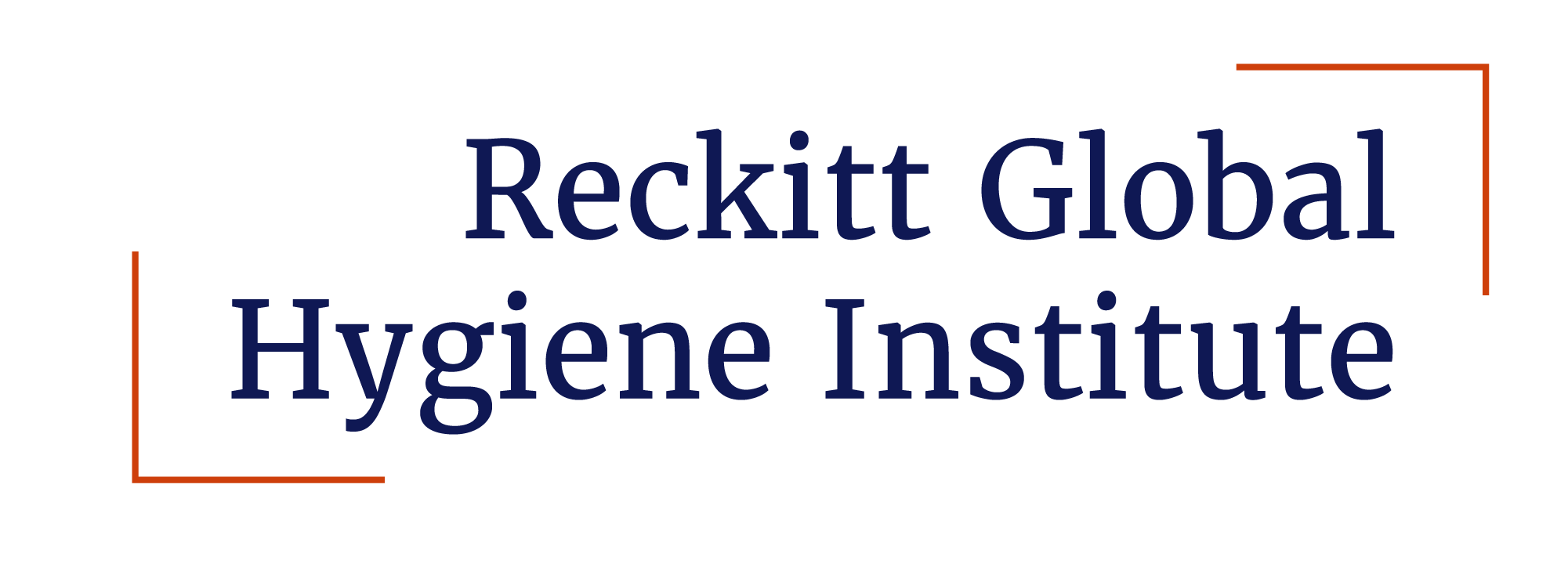New York Climate Week – Identifying climate and hygiene research priorities
26 Sep, 2025
This week it’s Climate Week NYC 2025, a climate gathering with over 900 events across the city, with business leaders, policymakers, and civil society representatives from around the world gathering to tackle some of our biggest challenges.
Something that doesn’t always make it into these high-level discussions, but that we at RGHI think about every day, is how climate change threatens the hygiene systems that bolster global public health.
Whilst Climate Week participants discuss carbon reduction and renewable energy transitions, RGHI-funded research reveals a whole other world of the climate crisis that demands attention: the breakdown of hygiene systems in low- and middle-income countries (LMICs). Climate change not only alters weather patterns but also disrupts the environmental conditions of millions of people, adding yet more barriers to practising hygiene for those already working with inadequate infrastructure.
Rising sea levels contaminate freshwater sources with saltwater and pathogens1. Extreme weather events destroy sanitation infrastructure and displace communities from their hygiene support systems. Changing precipitation patterns leave some regions in drought while flooding others, both scenarios creating dangerous hygiene challenges2. With so many different problems, it can be hard to know where to direct resources. There is a critical knowledge and evidence gap in hygiene, largely due to historic underfunding, and it is vital that funds and attention are directed at the right areas to fill this gap effectively.
Recent RGHI-funded research has identified 20 critical research priorities at the intersection between climate change, hygiene, health, and wellbeing. The research team, made up of Drs Jessica Gerard, Lauren D’Mello-Guyett, Jane Falconer, Camille Heylen, Sari Kovats, and Robert Dreibelbis, found that climate hazards such as extreme weather events dominated the list of priorities, and that the knowledge gap is strongest in descriptive research, reminding us that the field still needs robust empirical data on exposure pathways, disease burdens, and behavioural responses. This work provides a clear roadmap for funders, researchers and policymakers seeking to address the most pressing impacts of climate change on hygiene.
Read a pre-print of the research paper here: https://www.medrxiv.org/content/10.1101/2025.08.25.25334069v1
Addressing these pressing impacts is crucial because investments in hygiene systems create powerful effects for climate resilience. Communities with strong WASH infrastructure and behaviours are better equipped to weather climate disruptions: safe water supplies during droughts protect health, while resilient sanitation and hygiene systems reduce disease outbreaks after floods or cyclones. Climate hazards like rising sea levels, irregular rainfall, and extreme weather can damage or overwhelm these systems, so investing in climate-resilient WASH, infrastructure and behaviours that anticipate, absorb, and recover from shocks is essential 3. This demonstrates that hygiene investments are in fact climate investments, and when RGHI funds research to improve hygiene practices and policies, it is simultaneously building systems that sustain communities through the waves of climate change.
The future of global health security depends on our ability to maintain hygiene systems in a changing climate. That’s what drives our work at RGHI, ensuring that as our planet changes, our capacity to protect human health evolves and strengthens alongside it.
Livia Mulligan, RGHI Communications Assistant



 Kondwani Chidziwisano
Kondwani Chidziwisano